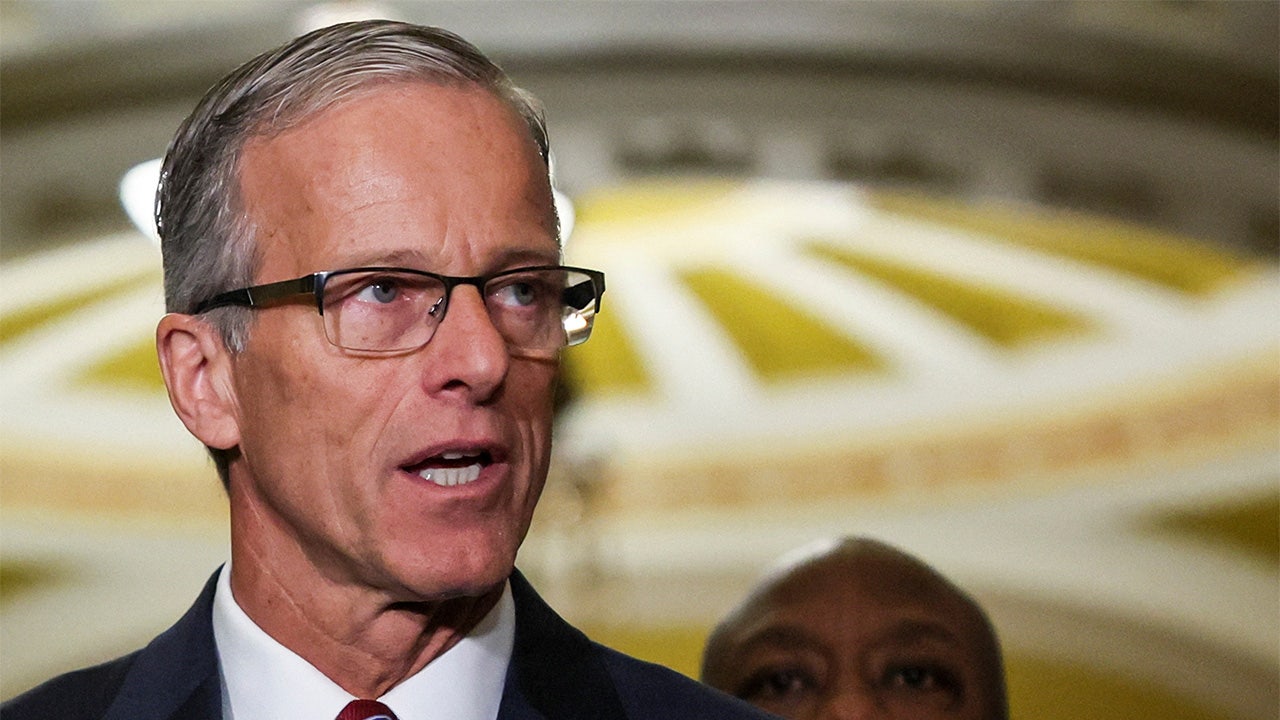Senate GOP to vote down California EPA waiver this week, Thune says

Senate Republicans are gearing up for a crucial vote this week that could potentially eliminate California’s emissions waiver from the Environmental Protection Agency (EPA). This waiver has allowed California to implement stricter vehicle emissions standards than those set at the federal level, including a requirement that all vehicles sold in the state must be electric by 2035.
The upcoming vote has sparked a fierce battle between Republicans and Democrats over whether the waiver should be considered a government “rule” subject to the Congressional Review Act. This act permits Congress to overturn regulations with a simple majority vote, as opposed to the usual 60-vote threshold required to pass a bill. Democrats have criticized the GOP’s move as a “nuclear option” aimed at circumventing established Senate rules.
Senate Majority Leader Thune expressed his concerns during a press conference at the Capitol, emphasizing the need to prevent the imposition of a nationwide electric vehicle (EV) mandate. He argued that the decision on the EPA waiver should be made by Congress and not by the Government Accountability Office (GAO), which had previously deemed the waiver as not being a “rule.”
The EPA waiver not only grants California the authority to enforce more stringent emissions standards but also allows other states to choose between following federal regulations or adopting California’s stricter standards. Thune dismissed Democratic complaints about Republican actions regarding the filibuster, highlighting past instances where Democrats had also sought to abolish the legislative filibuster when it suited their party’s agenda.
Elizabeth MacDonough, the Senate parliamentarian responsible for interpreting congressional rules, concurred with the GAO’s assessment that California’s EPA waiver is not classified as a “rule.” This discrepancy has fueled Democratic claims that Republicans are attempting to undermine the filibuster, a crucial tool for minority parties in the legislative process.
Thune refuted these accusations, pointing out that Democrats had previously voted to eliminate the legislative filibuster. He stressed that the current issue revolves around whether the GAO or Congress should determine what constitutes a rule, underscoring the need for a clear decision on the matter.
The impending vote on California’s emissions waiver has significant implications for the future of environmental regulations and the automotive industry. The outcome of this vote will not only impact California’s ability to enforce stricter emissions standards but also set a precedent for how regulatory decisions are made at the federal level. Stay tuned for further developments on this contentious issue.




